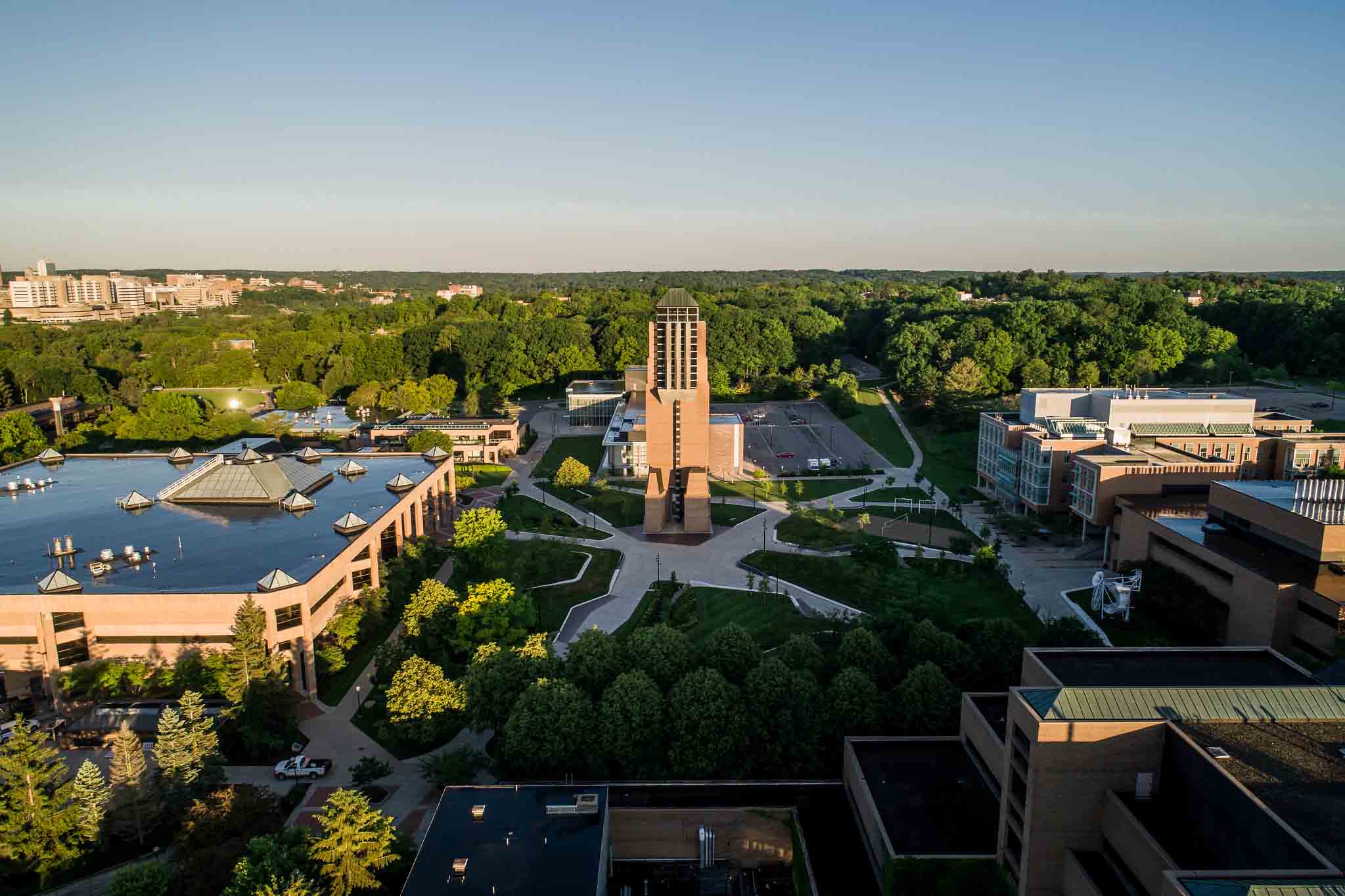
Meet the professors with dry appointments at NERS
Mark Kushner, Rebecca K. Lindsey, Martha Matuszak, and Louise Willingale offer substainial expertise in plasma science, chemical physics, radiation oncology, and intense laser-plasma interactions.

Mark Kushner, Rebecca K. Lindsey, Martha Matuszak, and Louise Willingale offer substainial expertise in plasma science, chemical physics, radiation oncology, and intense laser-plasma interactions.
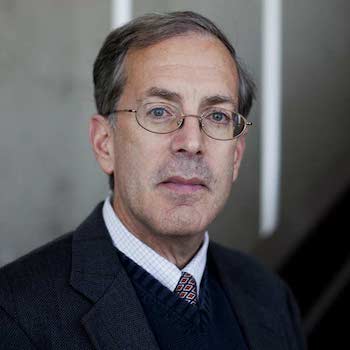
George I. Haddad Professor of Electrical Engineering and Computer Science
William P. Allis Distinguished University Professor of Electrical Engineering and Computer Science
Professor, Electrical Engineering and Computer Science
Professor, Chemical Engineering
Professor, Applied Physics
Director and Founder, Michigan Institute for Plasma Science and Engineering
Director and Founder, DOE Center on Control of Plasma Kinetics
Mark Kushner’s dry appointment at NERS is a multifaceted engagement. He offers guidance and mentorship to graduate students within our program, contributes to the department’s educational framework by designing problems for the PhD qualifying exam and co-teaching NERS courses, and contributes to the department’s growth by actively participating in the recruitment of prospective graduate students. His contributions are not limited to the classroom; he engages in policy and curriculum discussions, lending his expertise to shape the direction of the department’s academic offerings. He also serves on PhD examination committees and participates in recruiting new faculty members in alignment with his specialization in plasmas. Collaboration and research are also integral aspects of Kushner’s involvement in the NERS department. He works closely with NERS faculty on research projects, co-authoring proposals and conducting research that advances the frontiers of plasma science.
Kushner’s current research is focused on advancing the field of plasma materials processing, a cutting-edge area of study that explores the interactions between plasma and various materials. Particularly, his research places a strong emphasis on two key aspects: microelectronics fabrication and the utilization of atmospheric pressure plasmas in diverse fields such as chemical conversion, biomedicine, catalysis, and plasma-driven electrochemistry. In the realm of microelectronics, his research aims to enhance the fabrication processes by harnessing the unique properties of plasma to create smaller, more efficient, and high-performance electronic components. Simultaneously, the application of atmospheric pressure plasmas to fields like chemical conversion, biomedicine, catalysis, and plasma-driven electrochemistry signifies a novel approach to manipulating chemical reactions and processes at ambient conditions. This multifaceted research effort holds significant promise for revolutionizing industries ranging from electronics to healthcare by leveraging the versatile capabilities of plasma-based technologies across a spectrum of applications.
Biography
Kushner is a distinguished researcher and educator in the field of plasma science and engineering. His extensive research interests encompass a wide range of areas within plasma science and engineering, including low-temperature plasmas, laser physics and spectroscopy, plasma chemistry, plasma and photochemical materials processing, amorphous thin films, pulse power plasmas, and environmental and medical applications of plasmas. His expertise spans applied electromagnetics, MEMS (Micro-Electro-Mechanical Systems) technology, optics, quantum science, integrated circuit design, energy conversion, and more.
Before joining the University of Michigan, Kushner was Dean of the College of Engineering at Iowa State University from 2005 to 2008. Prior to that, he was associated with the University of Illinois at Urbana-Champaign for a significant portion of his career. During this time, he held various positions, including Founder Professor of Engineering, Professor in the Department of Electrical and Computer Engineering, and took on administrative roles as an Interim Head of Chemical and Biomolecular Engineering, Interim Head of Electrical and Computer Engineering, and Interim Associate Dean of Administrative Affairs in the College of Engineering.
Kushner’s contributions to the field have been widely recognized, earning him numerous prestigious awards, such as the Charles K. Birdsall Award from the Institute of Electrical and Electronic Engineers (IEEE) in 2015, induction into the National Academy of Engineering in 2011, the Will Allis Prize for the Study of Ionized Gases in 2010, and the Medard Welch Award from the American Vacuum Society in 2010, among many others.
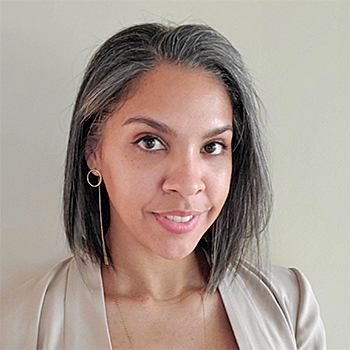
Assistant Professor, Chemical Engineering
Rebecca K. Lindsey is a distinguished scientist known for her groundbreaking work in chemical physics. She investigates chemical processes in multiscaled systems, material evolution under dynamic conditions through simulations and machine learning. Her expertise spans nanomaterial design, machine learning applications, and extreme condition chemistry.
Lindsey’s nanomaterial research develops tunable synthesis methods using shock-compression for nanocarbon materials. She gains insights into their behavior through innovative simulations, enabling rational design principles.
In machine learning, Lindsey pioneers AI-driven tools for quantum-accurate simulations. She interprets large datasets for material models. Her contributions span advanced materials to energy solutions. Her multiscale simulations uncover dynamics, thermodynamics, and microstructural evolution in extreme environments.
Before coming to U-M, Lindsey was a staff research scientist at Lawrence Livermore National Laboratory from 2018 to 2022. Her academic journey began with a post-doctoral associate position at the same laboratory from 2016 to 2018.
Her dedication and contributions have been recognized with numerous awards, including the Lawrence Livermore National Laboratory Physical and Life Sciences Directorate Research Award in 2019, and prestigious poster prizes from organizations such as the American Chemical Society (ACS) and the National Science Foundation. In 2023, she received the Young Investigator Award from by the Computational Molecular Science and Engineering Forum (CoMSEF) of the American Institute of Chemical Engineers (AIChE).
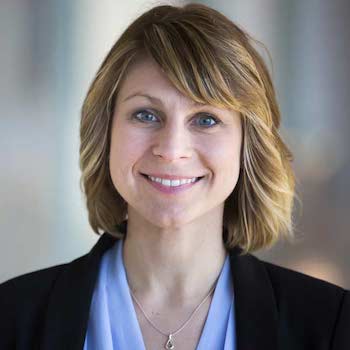
Laurie Snow Research Professor
Associate Chair for Physics
Director of the Physics Division
Clinical Professor, Radiation Oncology
Director of Advanced Treatment Planning, Radiation Oncology
As the Director of Advanced Treatment Planning, Martha Matuszak assumes a pivotal role in overseeing the research dosimetry division within the Department of Radiation Oncology. Her expertise extends to the intricate realm of advanced adaptive therapy protocols, where she contributes to the formulation, execution, and evaluation of these protocols.
Matuszak is actively involved in both internal and national clinical trials, reflecting her commitment to advancing the frontiers of medical science. A distinctive facet of her work is her role in shaping the field of knowledge-based treatment planning. Her efforts in this realm are complemented by her interest in adaptive radiation therapy, functional avoidance treatment planning, and other advanced treatment planning techniques.
Within the realm of clinical practice, Dr. Matuszak’s proficiency is apparent in her contributions to treatment planning and her expertise in Stereotactic Body Radiotherapy (SBRT). Her commitment to excellence extends to areas of quality improvement and electronic charting, where her influence on enhancing medical processes is evident.
Matuszak’s has been honored as the Medical Physics Teacher of the Year, a testament to her prowess in imparting knowledge and shaping the next generation of medical physicists. She also holds certification from the American Board of Radiology.
In addition to her collaborations with NERS, Matuszak also works with the Industrial and Operations Engineering Department, where she engages in research focused on enhancing radiotherapy plan optimization techniques.
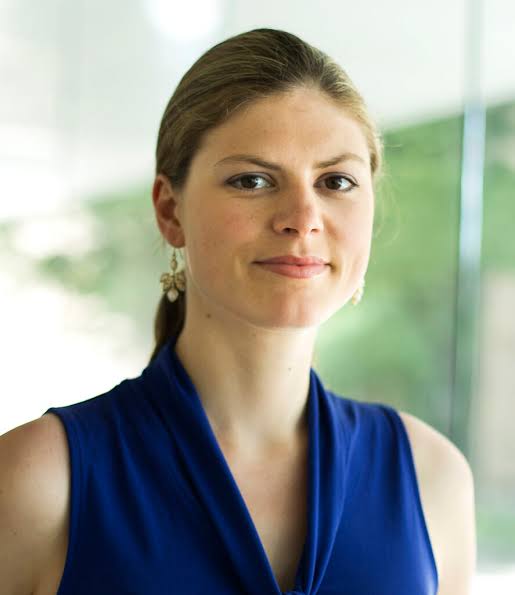
Associate Professor, Electrical Engineering and Computer Science
Associate Director, National Science Foundation (NSF) ZEUS Facility
Louise Willingale’s position as a plasma physicist and associate director of the ZEUS facility positions her in direct collaboration with several members of the NERS community, among them Karl Krushelnick, Alec Thomas, Carolyn Kuranz, Igor Jovanovic, Yong Ma. Throughout her career at U-M, she has played an active role as a committee member and cognate on a variety of NERS PhD dissertation committees.
Willingale’s current research studies how high-intensity lasers interact with plasma. She has projects on laser-driven particle accelerators studying direct laser acceleration of electrons, creating extremely strong magnetic fields and laser-driven magnetic reconnection, and studying relativistically induced transparency in plasma. She performs experiments at many different facilities, including the OMEGA EP facility at the Laboratory for Laser Energetics, the local CUOS lasers and the LasernetUS facilities.
Willingale also supports the department’s new National Nuclear Security Administration Center of Excellence, led by Prof Kuranz called the Center for High Energy Density Laboratory Astrophysics Research.
Biography
Louise Willingale’s academic journey has been defined by her profound research into intense laser-plasma interactions. Her investigations encompass a range of topics, including laser-driven ion acceleration, the behavior of relativistic lasers in underdense and near-critical density plasmas, and the application of proton deflectometry to unveil the intricate electric and magnetic fields arising from laser-plasma interactions.
A prominent member of the High Field Science group at the Gérard Mourou Center for Ultrafast Optical Science (CUOS), Louise’s influence extends to her membership at the Michigan Institute for Plasma Science and Engineering. She also frequently collaborates with external facilities such as the OMEGA EP facility at the Laboratory for Laser Energetics, the Jupiter laser facility at Lawrence Livermore National Laboratory, and the VULCAN laser in the UK.
Willingale’s relationship with the U-M began in 2008 when she joined NERS as a Postdoctoral Researcher. In 2011, she became an Assistant Research Scientist before moving to the Department of Electrical Engineering and Computer Science as an Assistant Professor in 2014. She became an Associate Professor in 2022.
Willingale’s pioneering work has garnered well-deserved recognition, evident from her receipt of the National Science Foundation Faculty Early Career Development Program (CAREER) Award for her investigations into magnetic reconnection in plasmas. Her achievements were further underscored by her election as a Fellow of the American Physical Society in 2022. Additionally, she holds the distinction of being named a Kavli Fellow, an acknowledgment of her significant impact on her field.